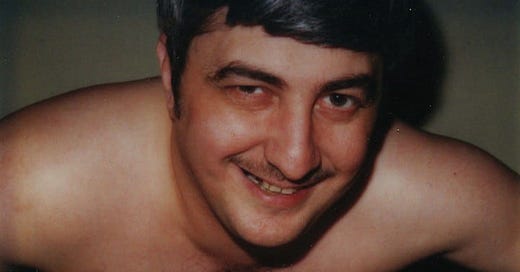‘The Dog’ Review: A Misguided Look at the True Story Behind ‘Dog Day Afternoon’

This review was originally published during the New York Film Festival on October 1, 2013. It is being reposted now that the film is opening in theaters.
John Wojtowicz was a terrible person. They say one should not speak ill of the dead, but I think we can make an exception for this particular celebrity criminal. Why? Because he lives on in a new docume…
Keep reading with a 7-day free trial
Subscribe to Nonfics to keep reading this post and get 7 days of free access to the full post archives.



